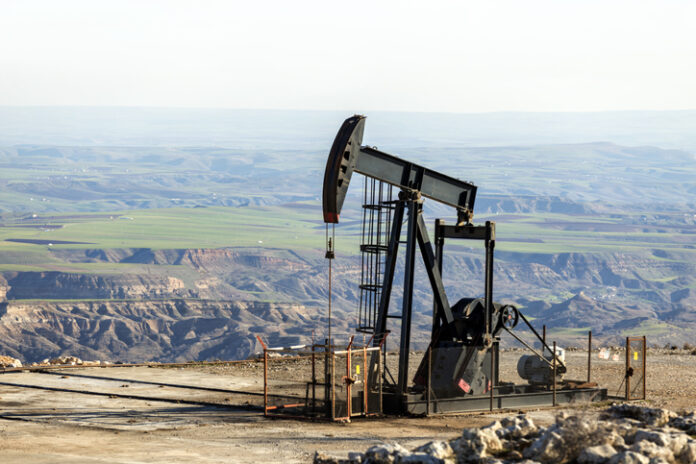By Anthony Hennen
(The Center Square) — A contentious hearing on the natural gas industry featured a long-running conflict: health and wealth.
At the center of the House Environmental Resources and Energy Committee meeting was House Bill 170, which would increase setback requirements for natural gas wells by fivefold, from 500 feet to 2,500 feet.
Supporters argued the bill is crucial to protect public health, while detractors argued it was an attempt to kill the industry.
“I’m disappointed that we don’t have a more balanced hearing,” Rep. Martin Causer, R-Bradford, said. “It would be more appropriate to have a balanced hearing to look at all sides of this particular bill; it’s a far-reaching bill that has a lot of implications across the commonwealth.”
Nonetheless, testifiers spoke of the health risks of homes with gas production nearby.
“Throughout the past decade, fracking and the infrastructure of fracking has moved dangerously close to people’s homes and schools and churches,” Lois Bower-Bjornson, a Washington County resident who is the southwestern Pennsylvania field organizer for the Clean Air Council.
Other residents complained of unresponsive state agencies.
“We had a crash course also in why people say the DEP (the Department of Environmental Protection) stands for ‘Don’t Expect Protection,” Gillian Graber, executive director of Protect PT, an environmental non-profit in Westmoreland and Allegheny Counties, said. “I no longer believe that the agency that was supposed to protect us would do so … violations to state and federal law go unchecked.”
She noted that one local operator had racked up more than 800 violations, but could still get permits approved.
“The science and, frankly, common sense overwhelmingly scream that 500 feet is too close,” Ned Ketyer of Physicians for Social Responsibility said.
“The finding is telling us that something about fracking is interfering with normal fetal growth and development,” he said, referencing a 2023 study from the University of Pittsburgh.
But others were more skeptical of the health concerns, calling into question the quality of the link between adverse health outcomes and fracking.
“I come from a part of the state that has had fracking for 150 years,” Causer said. “It’s probably the cleanest part of the state, we’ve got the cleanest environment of anywhere. But to enact a policy that would place a moratorium on development of energy that we need … is troubling.”
Causer called the setback proposal “irresponsible policy.”
The 2,500-foot requirement would be a dramatic change for Pennsylvania and beyond what other states have done. Most state setback rules are 150-500 feet, and for major gas and oil producing states, Colorado’s was the most stringent at 1,000 feet for high-occupancy buildings like schools and hospitals.
“Increasingly, setbacks effectively shut down natural gas production in Pennsylvania,” Robert Bair, president of the Pennsylvania Building Trades, said. “There’s going to be new emerging tech to help clean up more of our environment — but we need our natural gas.”
“The reality is that (the bill is) nothing more than a backdoor ban on new unconventional natural gas development,” David Callahan, president of the Marcellus Shale Coalition. “An overwhelming majority of the land in key producing counties would be off-limits.”
He noted that natural gas wells would be banned on 99% of land in Beaver and Washington Counties, and on 96% of land in Susquehanna County under the bill.
Though researchers have warned about health risks associated with the natural gas industry, the problem may not be so simple as to fix it with setback requirements.
A 2016 study warned that existing setback requirements “may leave the public vulnerable to explosions, radiant heat, toxic gas clouds, and air pollution from hydraulic fracturing activities,” but “distance is not an absolute measure of protection … there is no defined setback distance that assures safety.”
To read more about the truth about hydraulic fracturing, click here.
To read more about economics of fracking, click here.


























